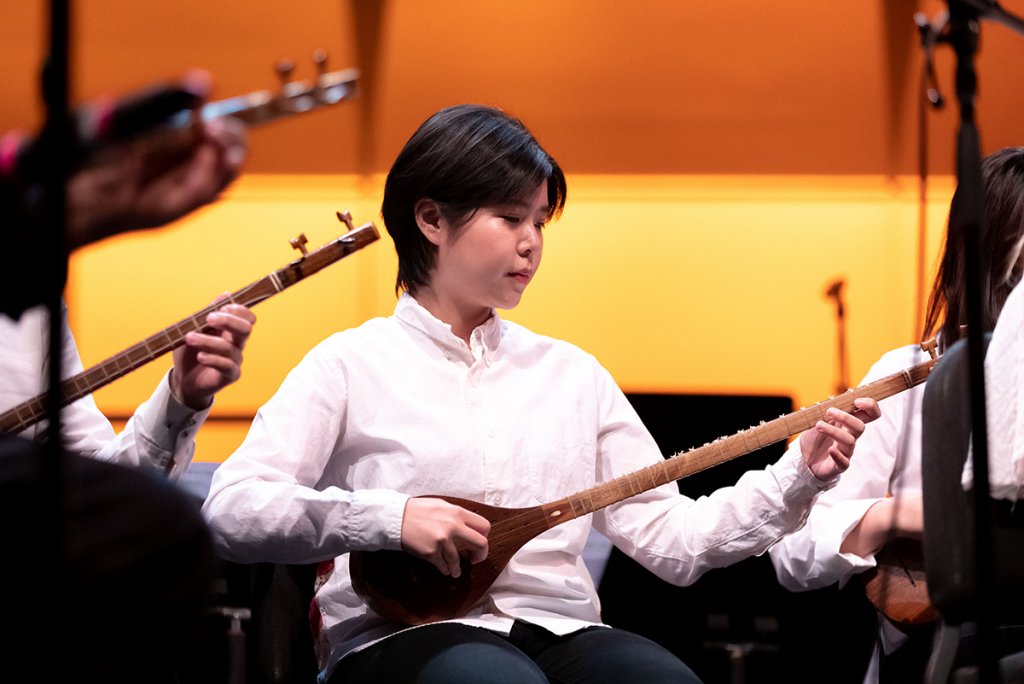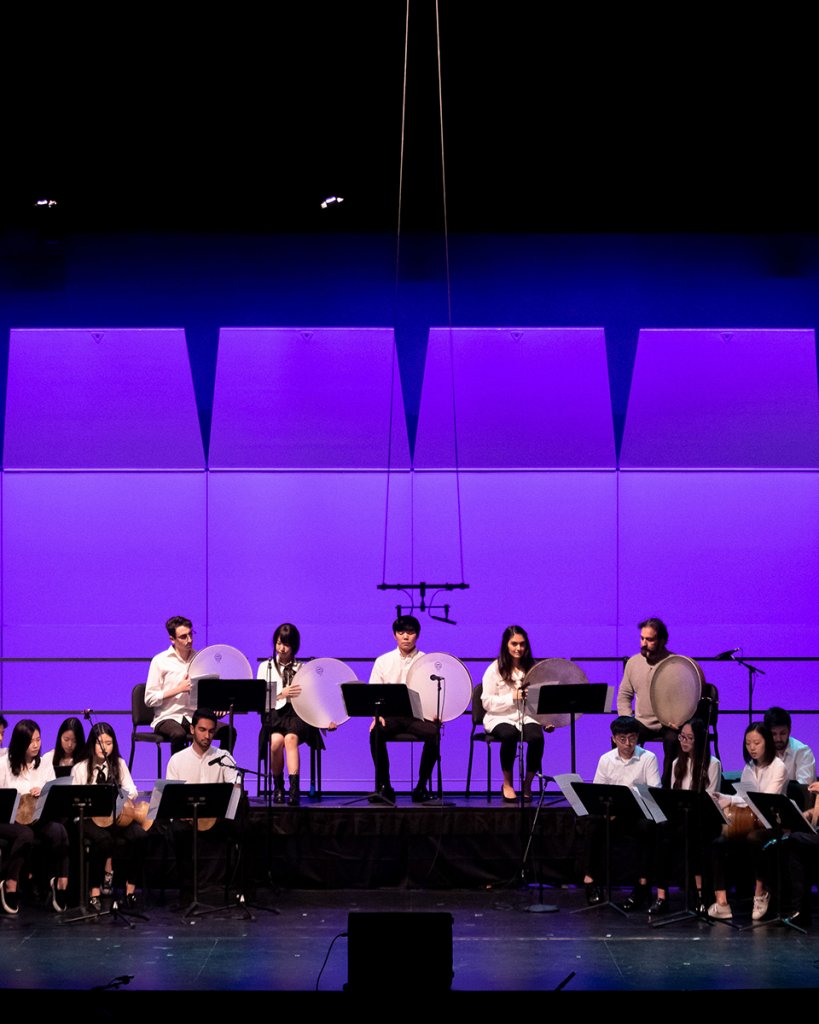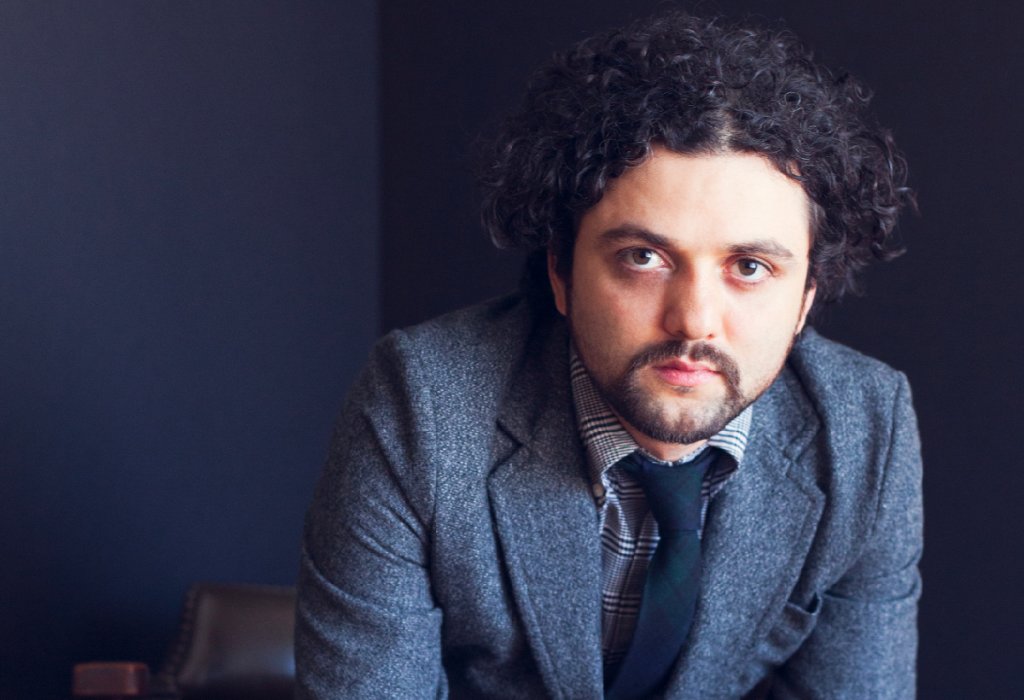Iranian Popular Music: Politics, Resistance and Exile
ETHNMUS 188 – This course examines a range of popular music that has emerged in conjunction with the mass exodus of Iranian musicians to Los Angeles after the 1979 Revolution. Diaspora is a term that describes the dispersion of a population from a common point of origin and the communities that form as the result of the dispersal. It is usually defined as a condition of placelessness, not fully belonging to any one place, being situated in-between, neither completely here nor there. The course is divided into five sections concerning Iranian popular music and the diaspora spanning from the early 1980s to today: a) “collective memory” of the homeland in exile (the “true” home to which one eventually returns); b) the commitment to the “restoration” and “maintenance” of the old homeland; c) “identity,” a sense of personal or collective belonging to Iran and/or the United States; d) “transnationalism,” the global outreach of Iranian musicians in Los Angeles through concerts, television programs and recordings around the world; and e) “digital diaspora,” the global proliferation of music without the presence of a community (e.g., hip-hop as a medium for community empowerment and the recent impacts of digital media and social networking). P/NP or letter grading.
This course is a mini-ethnography that explores how popular musicians have come to shape the musical scene in the Greater Los Angeles area since the 1979 Iranian Revolution Iranian. The class examines the role that Los Angeles as a large cosmopolitan center for Iranians in the diaspora plays in creating new musical experiences, where diverse Iranian and non-Iranian artists with different backgrounds, race, ethnicity and class have come together to create new aesthetic experiences. (4 units)






